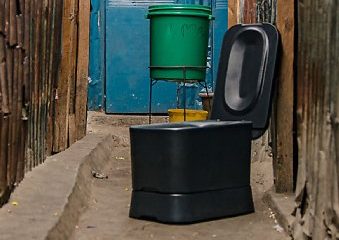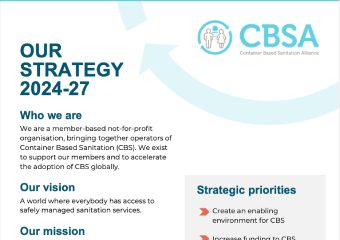Green Climate Fund publishes groundbreaking new guidance, paving the way for increased climate funding for sanitation
The Green Climate Fund (GCF) has developed transformative new guidelines aimed at expanding access to climate finance for sanitation projects, paving the way for increased funding for sustainable and climate-resilient sanitation.









